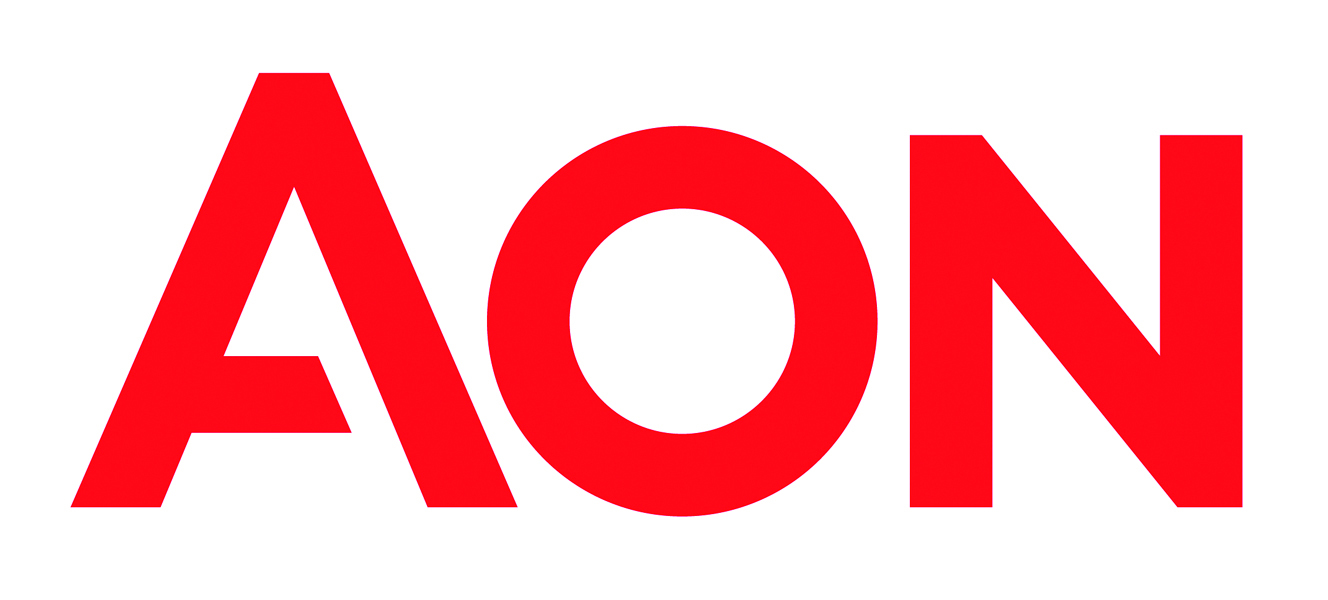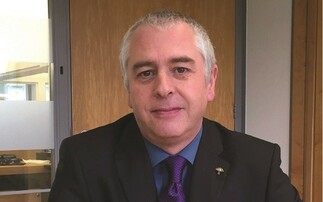
Aon’s Katherine Patel says schemes must play their part tackling climate change
What is the point of having a pension if in 30 years' time there isn't a world to live in? Across the planet, the impact of climate change is already wreaking havoc on our communities, the environment and life as we know it and, as we heard at 2021's COP26 summit, action has to start now.
Investors, including pension schemes, are waking up to this challenge; Aon's Global Perspectives on Responsible Investment 2022 research showed that 66% of institutional investors now have at least some allocation to responsible investment within their portfolio.
While most defined contribution (DC) schemes are taking progressive steps in this area, more needs to be done to account for both ESG risks and opportunities, and members' and society's expectations.
Does ESG belong in default strategies?
DC investors have a long investment time horizon, which means they will be exposed both to the long-term risks of climate change as well as to opportunities that come with the transition to a greener economy.
Most DC members are invested in default strategies and therefore rely on trustees or pension providers to manage how their pension pots are invested. In our 2021 DC survey of member views, we found that even at the height of Covid-19 market volatility, just 7% of members checked their pension pot online. This is a clear indication that they are relying on schemes to invest effectively on their behalf, including putting ESG policies in place.
Aon's DC Pension Scheme and Financial Wellbeing Survey 2022 found that while 56% of schemes have one or more ESG funds available as a self-select option, only 25% of schemes have incorporated ESG into their default option.
Given the financial materiality of ESG risks over the long term and members' reliance on default strategies, simply offering a ESG self-select option is not sufficient. ESG must be incorporated into DC default strategies.
Member expectations and transparency
We know that members want to invest responsibly. Research carried out by Aon in conjunction with the Cambridge Institute found that if individuals are given the choice between two similar funds, most will choose to invest their money in the one with better ESG credentials - even if they see slightly lower returns.
Members are also increasingly likely to ask schemes to explain their investment approach. While engagement is still generally low, the majority of member investment queries now relate to ethical and ESG issues.
Trustees must be prepared to be transparent with members about how they are ‘doing the right thing' - and employers need to be comfortable with how their pension scheme invests their employee savings.
Fiduciary duty and responsible investment
There is still debate about the conflict between trustees' fiduciary duty and responsible investment. While no-one can guarantee future returns for any kind of investment, based on the research and available data, we believe following a responsible investment approach will deliver returns for members that are at least as strong as following a traditional strategy.

Aon's own fiduciary solutions back this up. Our Global Impact Fund, which aims to make a positive environmental and social impact alongside generating strong financial returns, has outperformed its broad market benchmark by 5.4% in its first year, despite market turbulence. This fund is already in use across our DC delegated active default lifestyle funds. Currently 90% of Aon's DC default equity investments are ESG-aligned.
People are increasingly aware of the effects of climate change and of wider ESG issues. Pension scheme members quite reasonably expect trustees and pension schemes to be responding on their behalf to this. This is both in terms of risk management and by taking advantage of future investment opportunities - all while being fully transparent in their approach and member reporting.
To ensure the benefits of ESG investment meet savers' needs and expectations, it is vital that ESG risks and opportunities become an integral part of DC default strategies.
Katherine Patel is a consultant at Aon









